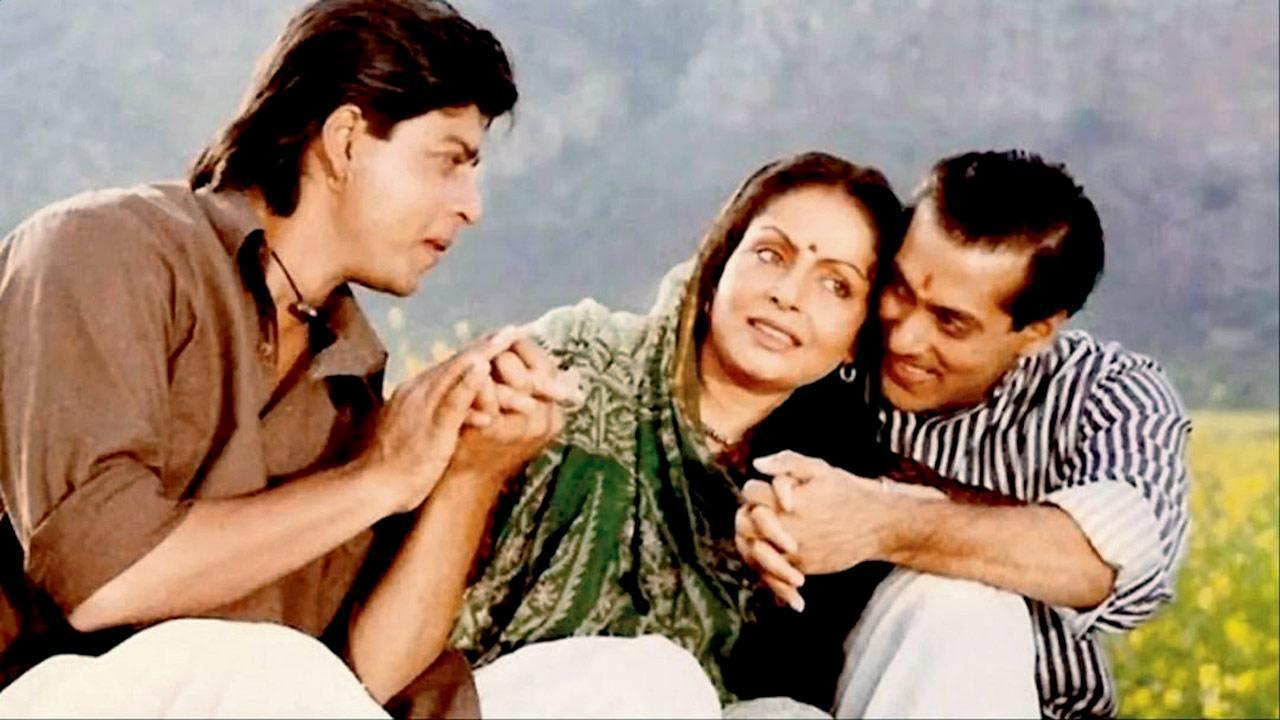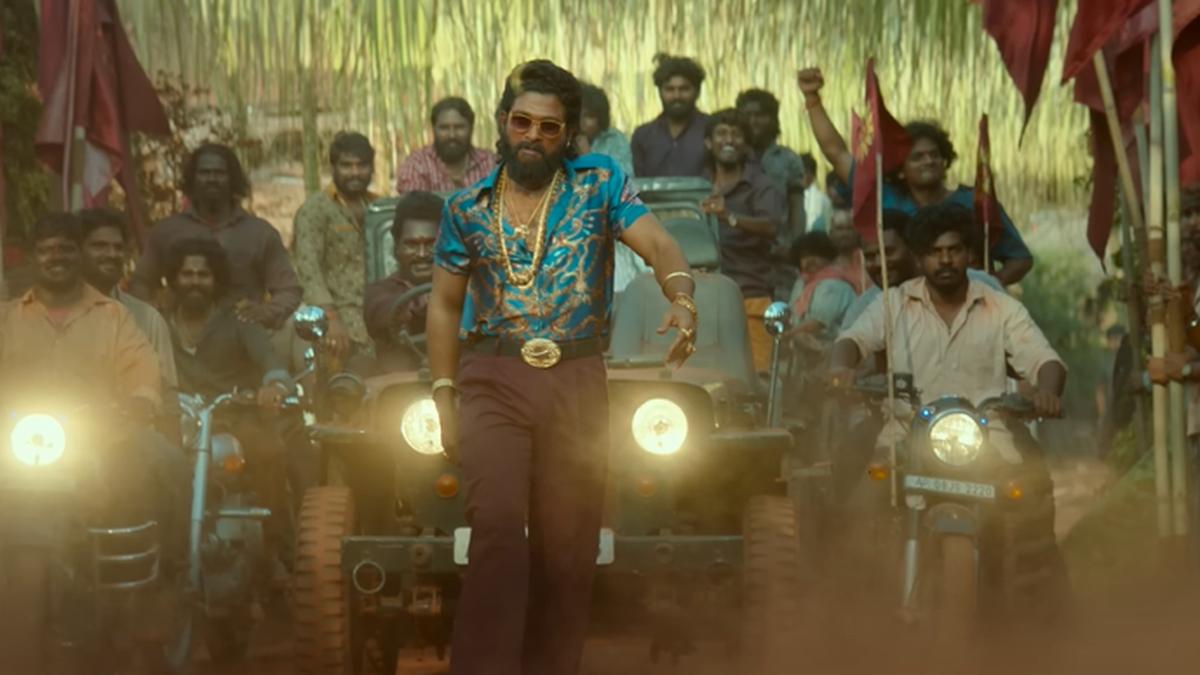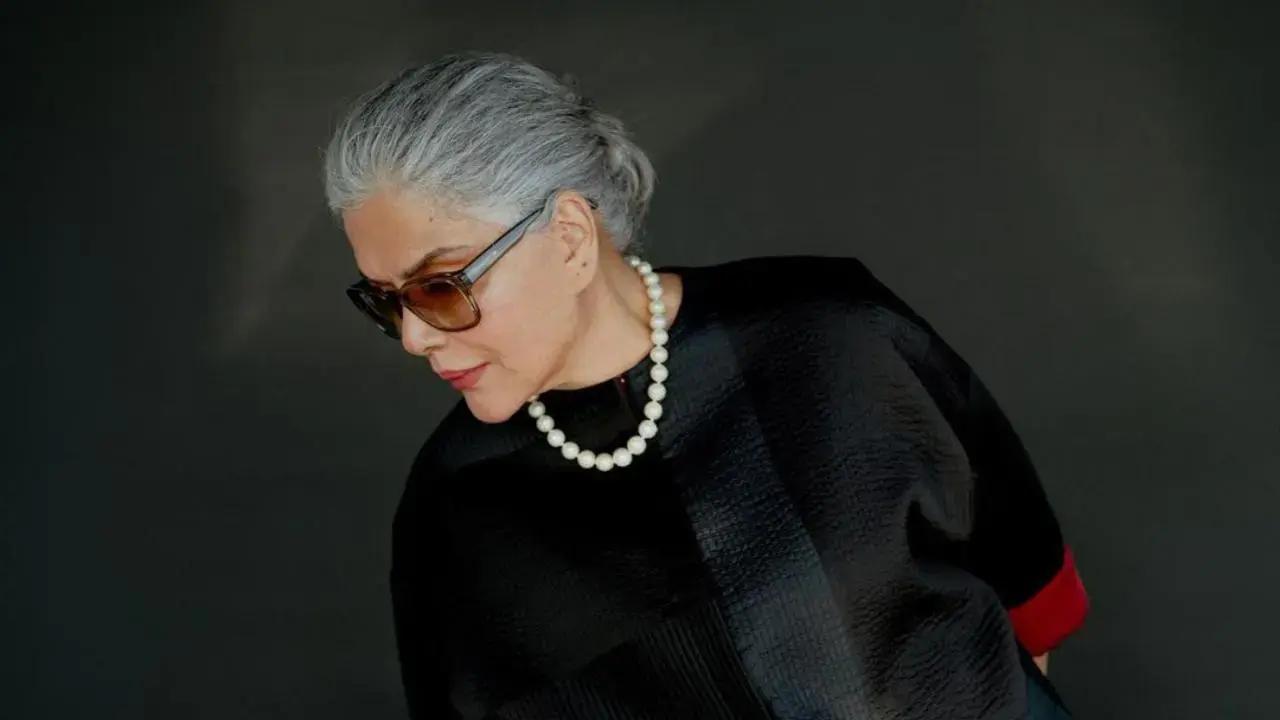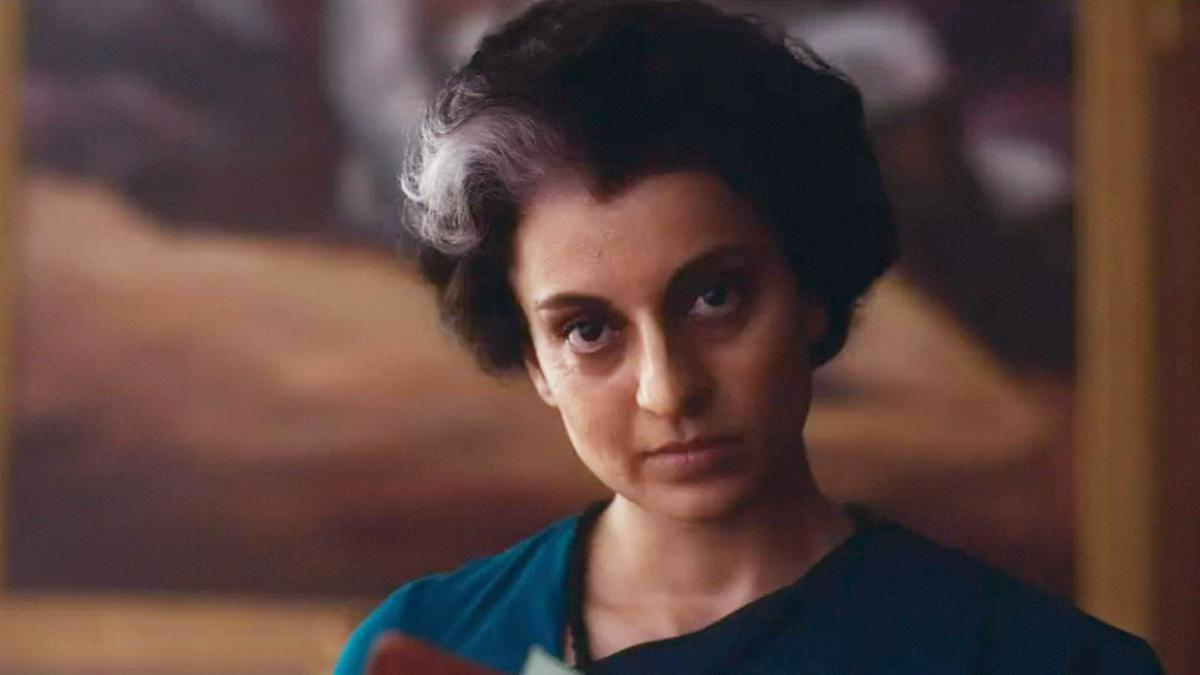
This year, particular work commitments have thwarted my plans to be home for Durga Puja. As I wallowed in self-pity and searched for new Bengali restaurants in Mumbai, my thoughts wandered to The Bear, a series that recently swept the comedy Emmys. The globally-acclaimed show centers around Carmy, a top-rated New York chef who returns to his hometown of Chicago following his brother’s suicide. Over three anxiety-laden seasons, we watch Carmy as he strives to transform their chaotic, family-owned sandwich shop into a high-end restaurant. Carmy receives advice from his uncle to “be the guy” and focus on his goals, yet the weight of home—with its messy sauces and scars of grief—constantly intrudes.
Homecoming is a tangled, fragile experience. More than a decade ago, we were introduced to a different kind of Carmy, albeit one of a lower standing. The 2012 Hindi comedy Luv Shuv Tey Chicken Khurana offers a bittersweet reflection on family, food, and identity. Omi (played by Kunal Kapoor) has stolen from his own grandfather and fled to the UK. However, years later, circumstances force him to return. He assumes responsibility for his family’s dilapidated dhaba, but only the secret recipe for the titular ‘Chicken Khurana’, now lost, can restore its former glory. Directed by Sameer Sharma, the film resembles The Bear simmering on a low, gentle flame, and its final revelation is both amusing and unexpected.
“Maybe that’s all a family really is,” suggests the protagonist of Garden State, “a group of people who miss the same imaginary place.” Watching Zach Braff’s 2004 comedy for this column, I was less struck by the intended poetry of the line and more by how much Braff—who was 29 when he starred in his own directorial debut—resembled Sidharth Malhotra. One of Malhotra’s more robust performances can be found in Kapoor & Sons (2016), a Bollywood film that captures the essence of an American dysfunctional family drama. There is a remarkable scene, skillfully choreographed by director Shakun Batra, where the entire family engages in a heated argument, shifting blame as a broken water pipe gushes forth. It spills like the essence of home itself.
.
Not all films about homecoming are comedies. There are numerous thrillers—such as the 2020 Australian film The Dry—where the main character returns to their childhood town and becomes embroiled in a mystery. Then there are tales of adoptees, in films like Lion (2016) and Return to Seoul (2022), who are drawn by origins and quests that transcend geographical boundaries. These films often evoke a sense of longing and a quest for identity that goes beyond physical locations.
Moreover, some films highlight the impossibility of return. For instance, in Pokhar Ke Dunu Paar (2023), an eloped couple named Sumit and Priyanka find themselves back in Darbhanga during the lockdown. Despite their return, they cannot go home due to financial constraints, underscoring the harsh reality that sometimes homecoming is not as simple as it seems.
Imaginary places, indeed. As Gregory Alan Isakov sings in ‘Big Black Car’, “Through the carnival we watch them go round and round // all we knew of home was just a sunset and some clowns.” This poetic line echoes the sentiments expressed in these films, highlighting the complex and often surreal nature of what we consider home.
From the team at The Hindu cinema, here is a bi-weekly column recommending films and shows tied to a mood, theme, or pop culture event. The allure of homecoming, with all its messiness and delicate intricacies, continues to be a profound theme explored in cinema.
Indian cinema has a rich history of tackling such themes, reflecting our cultural nuances and underlying societal currents. The journey home, whether physical or emotional, captures a universal truth—the inherent desire to belong, to reconnect, and to heal. As we continue to navigate these narratives, both on screen and in our lives, let us embrace the complexity and beauty of what it means to come home.
Published on September 28, 2024, at 04:37 pm IST, this column dives into films that resonate with themes of homecoming, offering a tapestry of human experiences and emotions that transcend mere locations. The team at The Hindu remains committed to bringing you stories that reflect the ever-evolving landscape of cinema, both Indian and global.










